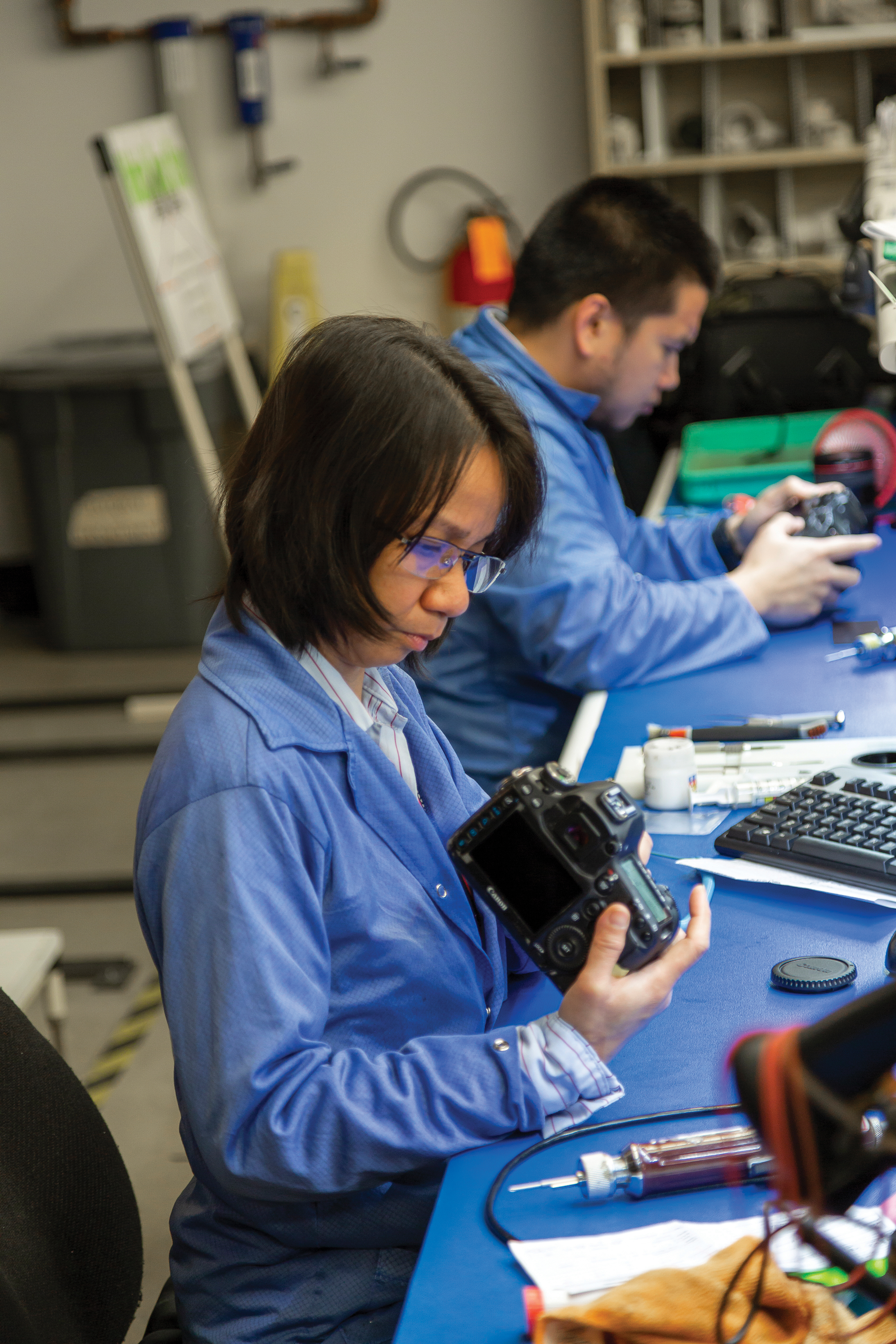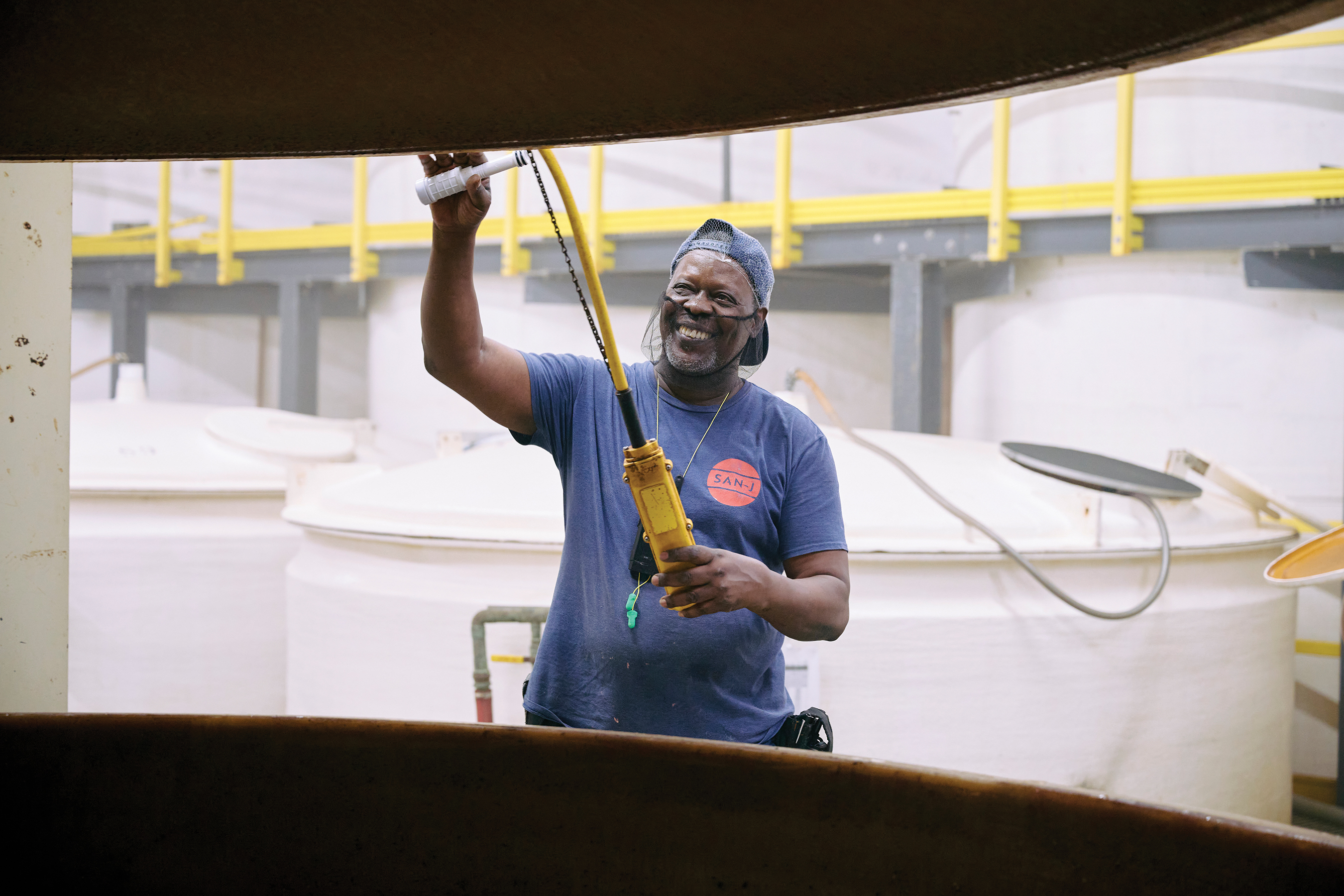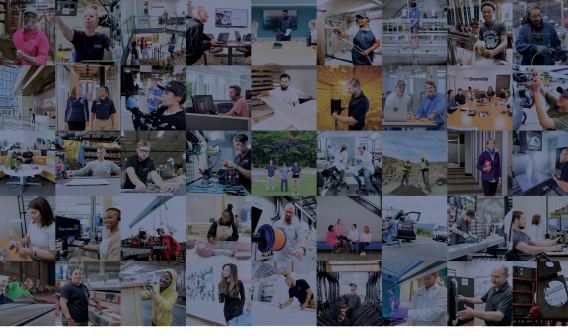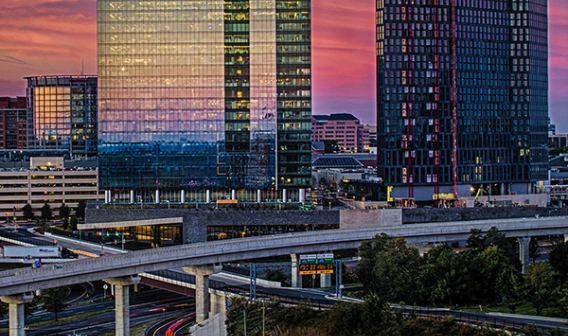
Canon Virginia, Inc., Newport News
Fostering Global Growth
While VEDP’s international offices have helped secure numerous investments from companies in those regions and helped smooth the path for countless others, Virginia’s main selling points remain its top-notch workforce, convenient location, and friendliness to business. The Commonwealth’s transportation infrastructure has also been a boon for a number of companies — including Canon Virginia, Inc., an offshoot of digital imaging solutions provider Canon U.S.A., Inc.
According to President and CEO Shingo Shigeta, the Japanese company chose to center its domestic manufacturing in Newport News in 1985 due to the local infrastructure — including nearby Interstate 64, adjacent to the company’s facility, the Port of Virginia, and nearby air terminals — and numerous colleges, universities, and military installations that provide a steady flow of talent.
“That’s been critical for us,” said Shigeta, who cited nearby universities Christopher Newport University, the College of William & Mary, and Old Dominion University and Tidewater and Virginia Peninsula community colleges. “That’s been a good way to get resources [for] internships and hiring. We [also] have a big military population; a lot of spouses or retiring military [members] have come through [the company].”
To supplement that talent, Canon Virginia worked with VEDP to establish a number of initiatives, including an 8,000-hour, four-year toolmaking apprenticeship program.
“They helped us put that together,” Shigeta said. “When we built an automated cartridge facility, they helped us stand up a workforce development center to retrain not only some of our existing workforce, but [also] new hires for high-speed automation manufacturing.”
After learning it was in the running for the corporation’s new U.S. toner cartridge facility site in 2008, Canon Virginia immediately reached out to VEDP, who Shigeta says brought workforce development partners like the Virginia Community College System to the table.
“That really made a great partnership,” he said. “We were able to then call our global headquarters, Canon Inc. in Japan, and say, ‘Look what we can do and how quickly we can do it,’ because from groundbreaking to grand opening, it took exactly one year.”
Canon Virginia solely produced the company’s line of copiers and printers when it began operating in the Commonwealth nearly 40 years ago. It has since transitioned to provide contract manufacturing services to businesses in industries including aerospace, food preservation, and life sciences — thanks in part to introductions from VEDP.
“We have a variety of products being developed here,” Shigeta said. “Many of our customers and partners are closely located and easy to communicate with and travel to, in addition to Canon U.S.A.’s headquarters in New York. The location is also a good advantage [of being in Virginia].”






